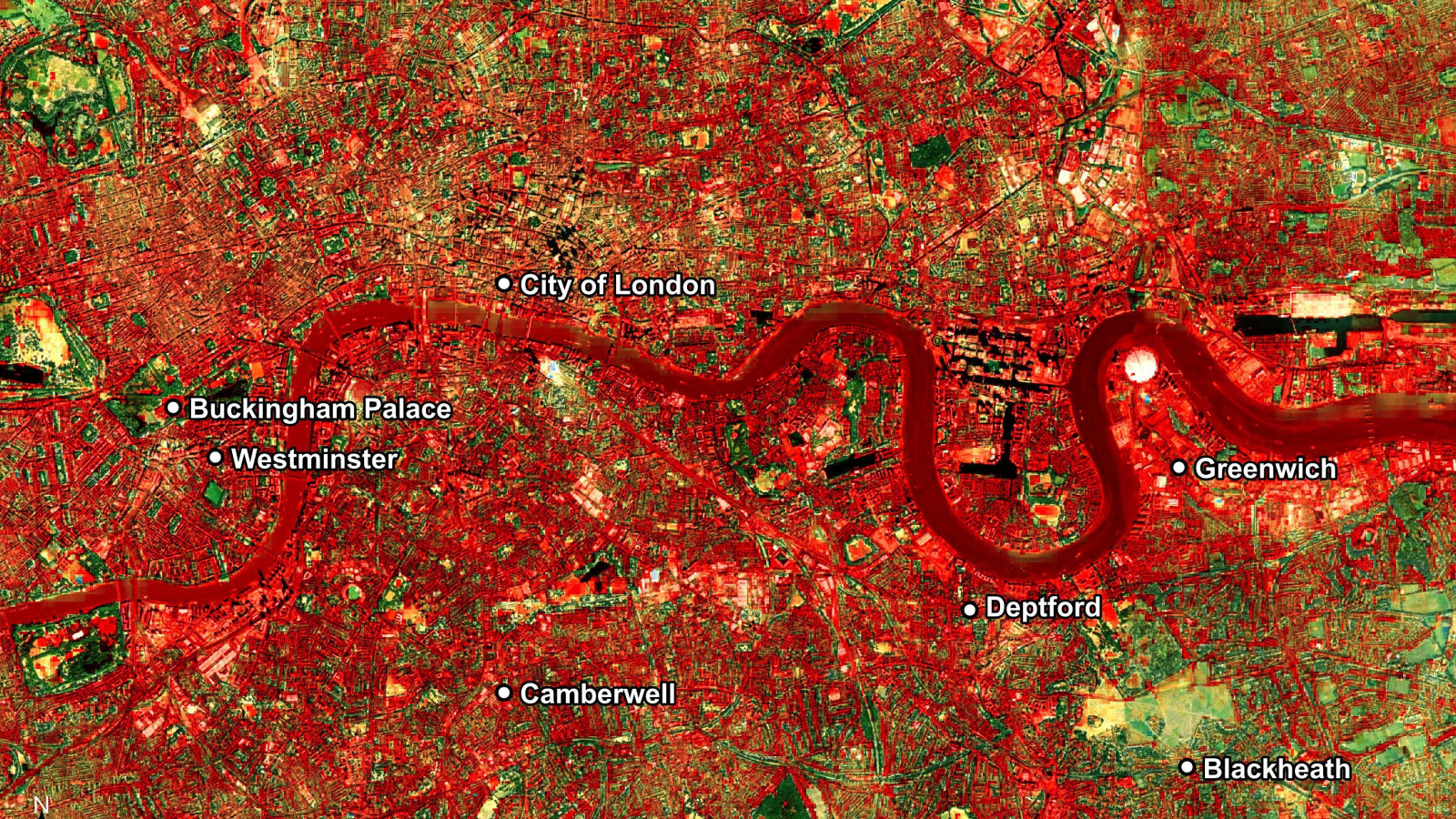JoF, Vol. 10, Pages 658: Diversity and Distribution of Fungal Infections in Rwanda: High Risk and Gaps in Knowledge, Policy, and Interventions
Journal of Fungi doi: 10.3390/jof10090658
Authors: Claude Mambo Muvunyi Jean Claude Semuto Ngabonziza Masaisa Florence Isabelle Mukagatare Marc Twagirumukiza Ayman Ahmed Emmanuel Edwar Siddig
Fungal infections (FIs) are spreading globally, raising a significant public health concern. However, its documentation remains sparse in Africa, particularly in Rwanda. This report provides a comprehensive review of FIs in Rwanda based on a systematic review of reports published between 1972 and 2022. The findings reveal a rich diversity of fungal pathogens, including Blastomyces, Candida, Cryptococcus, Histoplasma, Microsporum, Pneumocystis, Rhinosporidium, and Trichophyton caused human infections. Candida infections predominantly affect the vagina mucosa, while Histoplasma duboisi was linked to disseminated infections. Other pathogens, such as Blastomyces dermatitidis and Rhinosporidium seeberi, were associated with cerebellar and nasal mucosa infections, respectively. The widespread observation of soilborne fungi affecting bean crops highlights the pathogens’ threat to agricultural productivity, food security, and socioeconomic stability, as well as potential health impacts on humans, animals, and the environment. Of particular importance is that there is no information about FIs among animals in the country. Moreover, the analysis underscores significant limitations in the detection, reporting, and healthcare services related to FIs in the country, indicating gaps in diagnostic capacity and surveillance systems. This is underscored by the predominant use of traditional diagnostic techniques, including culture, cytology, and histopathology in the absence of integrating more sensitive and specific molecular tools in investigating FIs. Developing the diagnostic capacities and national surveillance systems are urgently needed to improve the health of crops, animals, and humans, as well as food security and socioeconomic stability in Rwanda. Also, it is important to indicate severe gaps in the evidence to inform policymaking, guide strategic planning, and improve healthcare and public health services, underscoring the urgent need to build national capacity in fungal diagnosis, surveillance, and research. Raising awareness among the public, scientific community, healthcare providers, and policymakers remains crucial. Furthermore, this report reveals the threats of FIs on public health and food insecurity in Rwanda. A multisectoral one health strategy is essential in research and intervention to determine and reduce the health and safety impacts of fungal pathogens on humans, animals, and the environment.

 2 days ago
88
2 days ago
88


